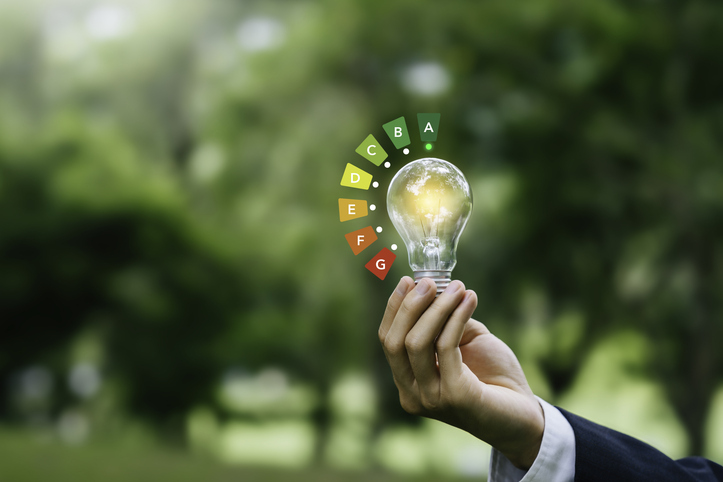Modern civilisation is extracting massive costs on the world, today and for future generations. It's time to step up and make a change, which Vodacom takes very seriously.
Back in 1997, Vodacom was one of the first companies to support South Africa's National Environment Policy and established the Vodacom Foundation in 1999 to support sustainability. In the decades since, Vodacom has achieved significant progress in promoting sustainability.
Appealing to customers
Vodacom's focus on sustainability is not just about altruism. Today's customers care about the environment, and they prefer to support brands that take these matters seriously. Vodacom pursues those values in several ways, including actions that help its customers be more sustainable. For example, it prioritises eco-friendly accessories, uses paper bags in its stores, and redesigns its starter packs to contain fewer wasteful materials.

But sustainability is not just about appealing to customers. It also improves business performance, especially through a circular economy model. This model keeps resources in use for as long as possible through efficient design, reducing materials, take-back schemes, and repurposing waste.
Circular economies can manifest in numerous ways. For example, Vodacom has reintroduced 308 tonnes of network equipment, rejuvenated 367 tonnes of batteries for reuse in its network, reduced waste sent to landfill by 130 tonnes, and implemented 100% recycling of office paper.
Renewable resources
As a technology company, Vodacom relies on modern digital systems and operates numerous large data centres. While those systems produce the computing power that delivers fantastic features and efficiencies to our world, they also require a lot of energy and water.
Vodacom has committed to increasing its use of renewable energy sources, leading to millions in savings on electricity costs. By the end of 2020, it had reduced electricity consumption from non-renewable sources by 16,372 megawatt hours, and in 2024 it achieved the ISO 50001 certification for energy efficiency, further reducing its energy intensity during that year by 26%.

Water is another crucial resource, especially in water-stressed countries such as South Africa. Water action takes precedence. In 2018, Vodacom responded to water crises across the country with drought relief projects, and continues to support water conservation and access through Vodacom’s Disaster Relief Fund. It has also used water management technologies to reduce water consumption by 58% in just three years, including water-wise practices such as tap aerators and rainwater dams.
Technology for sustainability
As a technology leader, Vodacom uses its innovation and world-class network for sustainability, both in its operations and for its customers. For example, it uses Internet of Things (IoT) solutions to reduce carbon emissions. During 2024, Vodacom manages over 10 million IoT connections for customers, helping them reduce their carbon footprints by approximately 1,400,000 tonnes of carbon dioxide equivalent (tCO2e), a 38% year-on-year increase.
Other innovations include smart water meters in municipalities and Vodacom's Smart Utilities Management service. All of these steps help keep Vodacom sustainable and make its customers proud to support a brand that cares about the planet. Read about other things Vodacom is doing to empower sustainability here.
